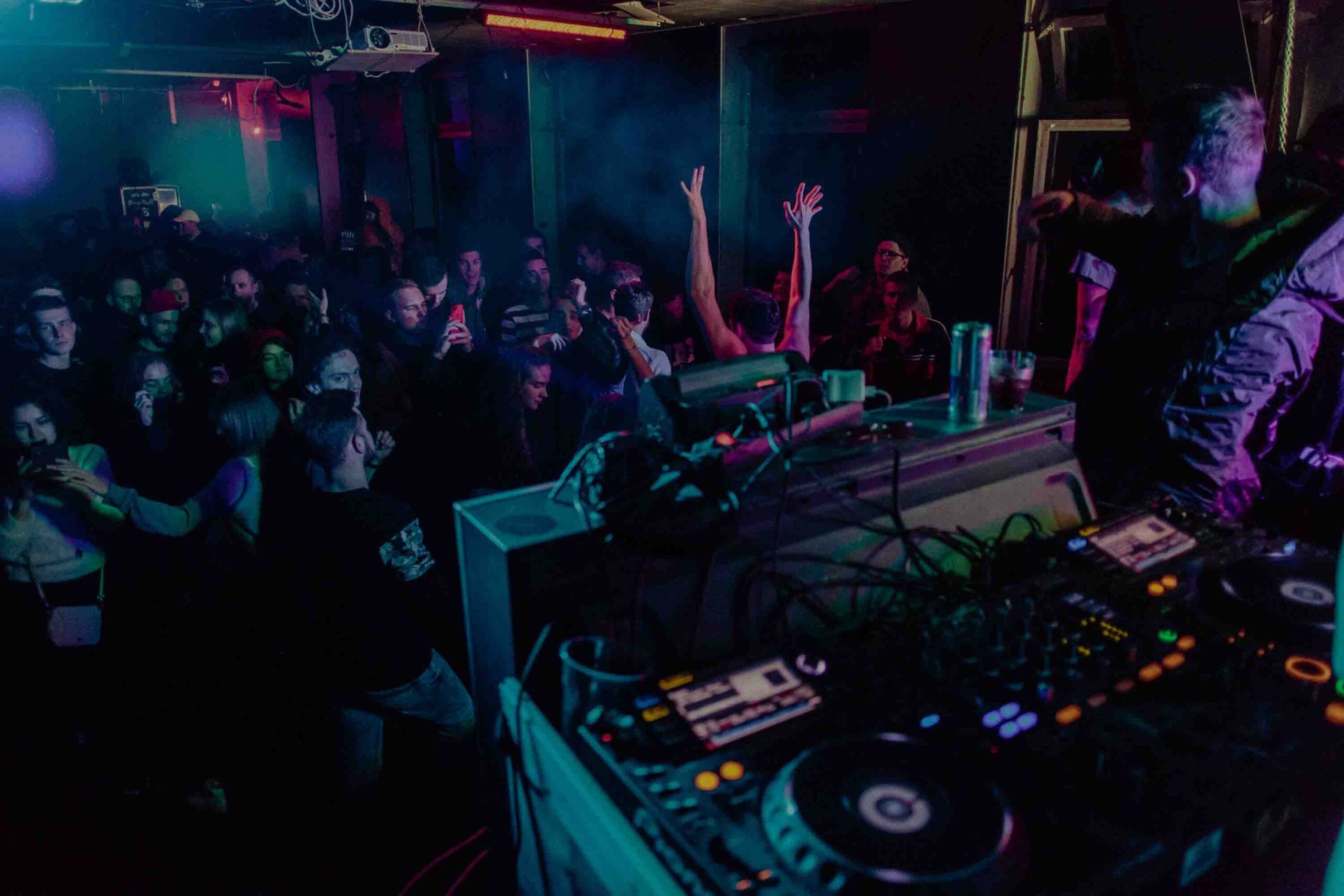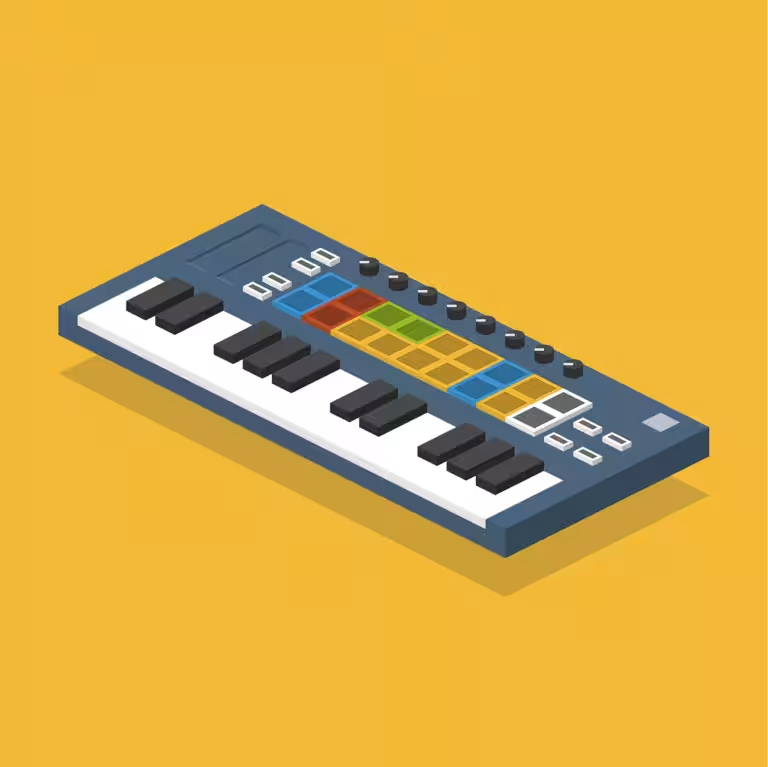Tour Dates | Shop | Contact
In recent years, both Afrobeats and Afro House have gained massive popularity, influencing global music scenes and bringing African sounds to the forefront of dance floors worldwide. However, while these two genres share certain elements, they are distinct styles of music, each with its own unique characteristics, origins, and influence. Let’s break down what sets Afrobeats and Afro House apart, and explore how they relate to each other.
What is Afrobeats?
Afrobeats is a contemporary genre of popular music that originated in West Africa, specifically Nigeria and Ghana, during the early 2000s. It is a fusion of traditional African music with elements of hip-hop, dancehall, highlife, funk, and even jazz. Afrobeats is characterized by its infectious rhythms, vibrant melodies, and energetic beats. Artists like Wizkid, Davido, Burna Boy, and Tiwa Savage have been at the forefront of the genre, bringing it to international audiences and collaborating with artists from various genres, including pop and R&B.
Afrobeats should not be confused with Afrobeat (the genre pioneered by Nigerian musician Fela Kuti), although both share African roots. Afrobeats is generally more upbeat, danceable, and commercial, while Afrobeat is rooted in a more complex fusion of jazz, funk, and traditional African rhythms.
What is Afro House?
Afro House, on the other hand, is a subgenre of house music that blends deep house, tech house, and other global house styles with traditional African sounds and rhythms. Emerging primarily from South Africa in the early 2000s, Afro House incorporates percussive beats, soulful vocals, and tribal influences, resulting in a deep, groovy, and hypnotic sound that is perfect for the dancefloor.
Key artists like Black Coffee, Culoe De Song, and Shimza have been instrumental in popularizing Afro House globally. The genre’s rhythmic complexity and unique blend of house music and African cultural influences set it apart from other forms of electronic dance music (EDM). Afro House often features live percussion, vocal samples in African languages, and basslines that evoke the spirit of traditional African music while maintaining the unmistakable pulse of house music.
Afrobeats vs. Afro House: Key Differences
While both Afrobeats and Afro House have African origins and share certain rhythmic elements, they differ in several key areas:
Musical Roots and Style
- Afrobeats is a popular genre that blends a variety of musical styles, including dancehall, hip-hop, funk, and highlife. Its rhythms are upbeat, and it often incorporates catchy hooks and melodic vocals. It’s designed to be easily accessible and is highly commercialized for global audiences, especially with its infectious energy and crossover appeal into pop and R&B music.
- Afro House, on the other hand, is rooted in house music but incorporates African rhythms and cultural influences. It’s more focused on creating a deep, groove-based atmosphere for club environments, where the beats, basslines, and percussion create a rhythmic foundation that encourages dancing. Afro House tends to be more underground and is primarily produced for electronic dance music fans.
Tempo and Beat
- Afrobeats is typically more upbeat and features fast-paced rhythms with a strong emphasis on vocal melodies and catchy choruses. The tempo of Afrobeats songs can range from fast to mid-tempo, making them suitable for mainstream radio play and dance parties.
- Afro House has a more consistent, deep house tempo, usually slower than Afrobeats. The rhythm is more focused on steady percussion and bass, building a hypnotic, trance-like effect that is ideal for extended DJ sets and club environments.
Cultural Influence and Lyrics
- Afrobeats incorporates contemporary African culture, focusing on lyrics that often touch on themes like love, lifestyle, partying, and socio-political topics. The genre is lyrically rich and incorporates a variety of languages, including Nigerian Pidgin, Yoruba, and English.
- Afro House may also feature African languages, but the emphasis is more on the instrumental side of the music, particularly the use of percussive elements, vocal samples, and grooves that reflect traditional African musical styles.
How Are They Connected?
Despite their differences, Afrobeats and Afro House are both born from African music and share a desire to bring African culture to the global stage. The two genres also frequently overlap in the club scene, with DJs often blending Afro House with Afrobeats tracks to create a diverse and energetic atmosphere. In fact, some Afro House tracks may sample or incorporate elements of Afrobeats, reflecting the fluidity between the genres.
Both genres have contributed to the global expansion of African music, with Afro House making waves in the global dance music community and Afrobeats dominating the charts worldwide. Artists from both genres are increasingly collaborating with international stars, further solidifying African music’s presence in global pop culture.
Afro House and Play House: A Global Influence
If you’re a fan of Afro House, you might want to check out Play House—an artist who is passionate about combining the influences of African rhythms with house music. By incorporating deep basslines and tribal beats, Play House’s tracks create an immersive dancefloor experience that resonates with fans of both Afro House and house music.
You can discover Play House’s music on platforms like Spotify, SoundCloud, and YouTube, where new mixes and DJ sets are regularly shared.
Conclusion: Afrobeats vs. Afro House
Afrobeats and Afro House are both essential genres that showcase the diversity and richness of African music. While they share some cultural influences and rhythmic elements, they cater to different audiences and have distinct sounds. Afrobeats leans more towards the mainstream and pop music scene, while Afro House is an underground genre that thrives in the world of electronic dance music.
Both genres are important in their own right and play a crucial role in bringing African culture to the global music stage. Whether you’re looking to dance to high-energy Afrobeats or lose yourself in the deep grooves of Afro House, both genres provide an unforgettable musical experience that connects people worldwide.



